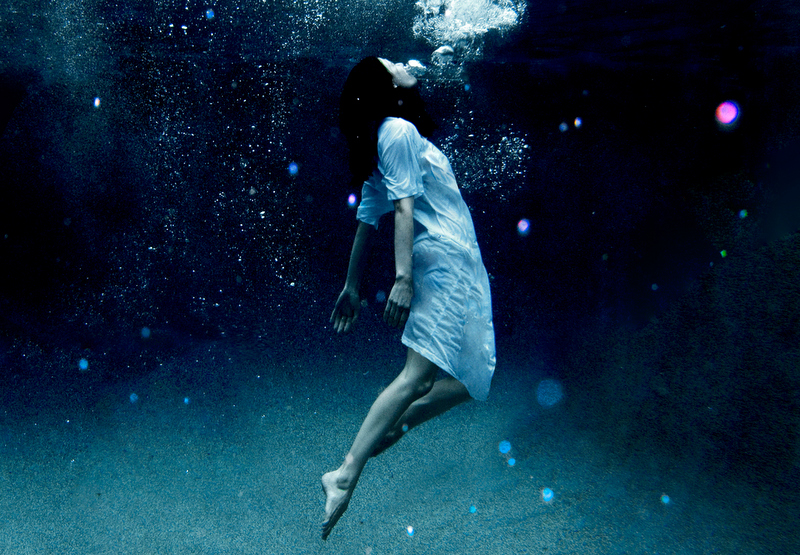Monday, October 17, 2016
Week Eight: The Ocean at the End of the Lane
I still remember first reading Coraline as a child, and then eventually, seeing the marvelous stop-motion animated Laika production in theaters some time later on. In Coraline I experienced a vivid world through a child's eyes, where the supernatural was ubiquitous and a natural part of reality, and where adults seemed to occupy a different space entirely, as if they were a different species. Reading "The Ocean at the End of the Lane" reminded me of all the good bits of Coraline and then some more. In both novels, the line between "children" and "grown-ups" seemed very clear, and to our young protagonists, the distinctions were obvious and non-negotiable. The "grown-ups" don't acknowledge or experience the magic ever-present in the world, and are ignorant to powers that function beyond their physical reality. The boy occupies the contemporary world that we know and understand, but supernatural forces as old as time itself disturb the peace of his normal life on the lane. I particularly liked the idea of these old, otherworldly powers having to adapt to modern culture. The terrifying, canvas flapping monster that is Ursula Monkton presents herself as a beautiful lady to humanity, and gains the trust of the narrator's family. The motives of Skarthach of the Keep are reminiscent of ancient myths; she exploits the monetary greed of humans, feeding on the financial troubles of everyone living in the lane, and appealing to their material wants. When adapted into a modern setting where the supernatural are not taken as seriously, we see these myths take on different forms. Rather than appear as an ancient monstrosity, they assume identities like Ursula's. In Coraline, the Other Mother's world is appealing, it is pleasant and easily accessible by Coraline. Ursula, similarly, is extremely charming, and lives in the same house as the narrator. Both evils are close to home, and alluringly deceptive. In this contemporary fantasy world, the ancient evil is closer than we think, hiding right under our noses, and less ugly than we would think.
Subscribe to:
Post Comments (Atom)

No comments:
Post a Comment